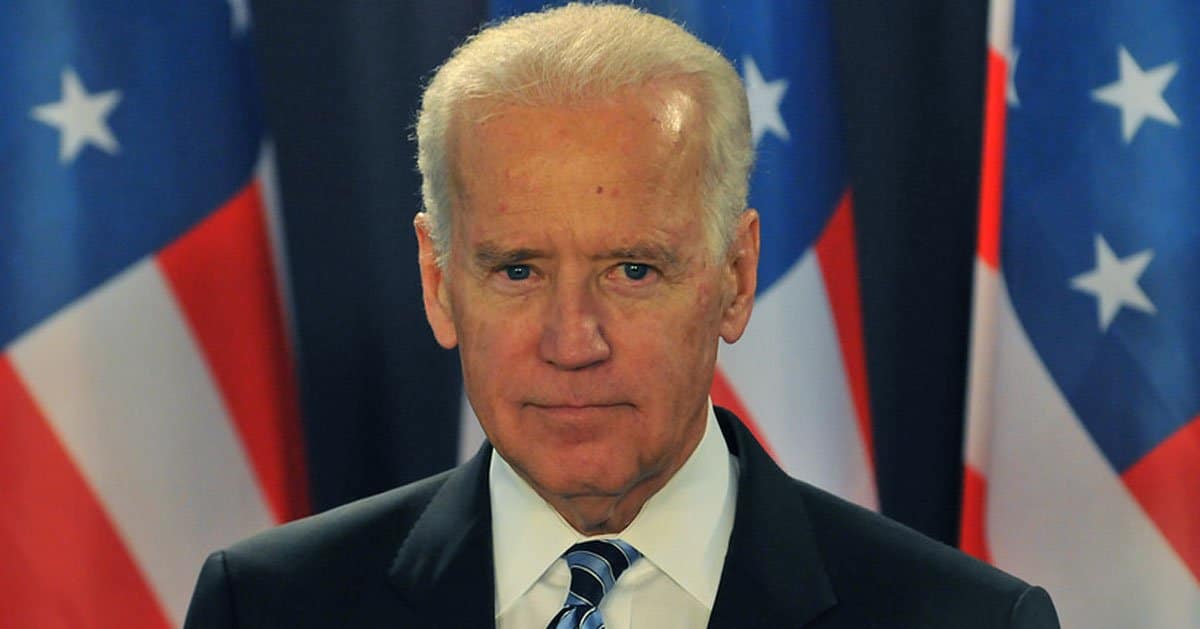



Several battleground states implemented election reforms following the contentious 2020 election, aiming to reshape key voting processes.
The Daily Signal reported that reforms such as enhanced voter ID requirements and restrictions on private funding for election administration were passed in states including Arizona, Pennsylvania, Wisconsin, Georgia, and North Carolina.
However, the impact of these changes is contingent upon how state supreme courts enforce them, as these courts have increasingly become political battlegrounds themselves.
The role of state supreme courts in determining the outcome of elections has become crucial as their control can significantly influence both the 2024 presidential election and down-ballot races. The partisan composition of these courts has been shifting, often reflecting the broader political climate in each state.
In recent years, partisan control of state supreme courts has fluctuated. Republicans currently control the high courts in Arizona, Georgia, and North Carolina, while Democrats hold majorities in Michigan, Wisconsin, and Pennsylvania.
Nevada’s court, by contrast, is split. In total, Republican-leaning justices dominate 27 state supreme courts, while Democratic-leaning justices hold sway in 17.
Some of the most significant shifts occurred in North Carolina and Wisconsin. After the 2020 election, the Wisconsin Supreme Court flipped to a Democratic majority when Janet Protasiewicz won a key seat in 2023.
This shift led to a reversal of previous conservative rulings, including decisions related to ballot drop boxes. Meanwhile, North Carolina’s supreme court flipped to a 5-2 Republican majority in 2022, giving conservatives control over rulings on issues like voter ID laws, felon voting rights, and redistricting.
The control of state supreme courts has a direct impact on the legal landscape of election laws.
In states like Pennsylvania, the court has previously allowed the counting of mail-in ballots received after Election Day, a decision that was heavily criticized by conservatives.
Similarly, a state appeals court in Pennsylvania recently ruled that improperly dated mail-in ballots should still be counted, further emphasizing the power of the judiciary in shaping election outcomes.
Judicial elections have become increasingly partisan, with candidates often making campaign promises about how they would rule on specific issues. Critics argue that this undermines the integrity of the judiciary, as judges are expected to rule impartially.
"Unfortunately some state supreme courts have become just as political as some of the ideologues that have been confirmed to federal judgeships," said Hans von Spakovsky, a legal expert on election law.
Some election experts express concern that these courts could become hotbeds for litigation in the event of another close election.
"If it’s a close election, I have no doubt we will be inundated with litigation," von Spakovsky warned. The 2024 presidential election could see numerous legal challenges, particularly in battleground states where courts play a pivotal role in upholding or overturning election laws.
Wisconsin is a prime example of the volatility that can arise from judicial activism. After flipping to a Democratic majority in 2023, the Wisconsin Supreme Court reversed key conservative rulings, leading to uncertainty about how future elections will be administered.
"I am concerned. You never know what the [Wisconsin] Supreme Court will do; there are such activists on the courts," said Annette Olson, CEO of the MacIver Institute.
Conservatives have been criticized for neglecting to prioritize state supreme court races, a key factor in maintaining control over election laws.
"Conservatives who spend a lot of time trying to get individuals elected into political posts, for example on state legislatures, have neglected state courts," von Spakovsky noted.
He emphasized that Republicans need to focus on electing conservative judges, particularly in states where judicial appointments are made through elections rather than by governors or legislatures.
Studies have shown that elected judicial processes can be as political as appointments. The main difference lies in who makes the decision—voters or lobbying groups. With judicial appointments, a small group of influential people often determines who gets appointed, while elections put the power directly into the hands of voters.
As the 2024 presidential election approaches, the role of state supreme courts in battleground states is coming under increased scrutiny.
In addition to enforcing newly enacted election reforms, these courts may be called upon to decide legal challenges arising from close races. In 2020, Pennsylvania’s Supreme Court played a key role in determining which ballots would be counted, allowing mail-in ballots received by Nov. 6 to be included in the final tally.
Experts warn that similar legal battles could arise in 2024, with the potential to tip the balance of power in a tightly contested election.
"Control of state supreme courts could have a significant impact on the outcome of the Nov. 5 presidential election and other down-ballot races," von Spakovsky stated. The courts' influence extends beyond just the presidential race, affecting congressional, gubernatorial, and local elections as well.
With state supreme courts in battleground states holding significant sway over election laws, their partisan composition has become a critical factor in the upcoming 2024 election.
Reforms passed after 2020, such as enhanced voter ID laws and restrictions on private election funding, depend on how these courts choose to enforce them. Shifting political control in key states like Wisconsin and North Carolina has heightened concerns over judicial activism and potential litigation.



